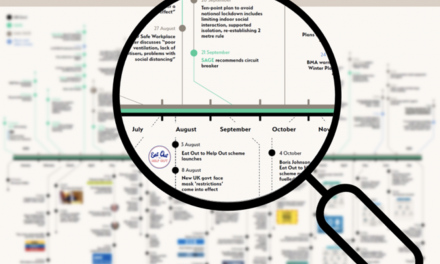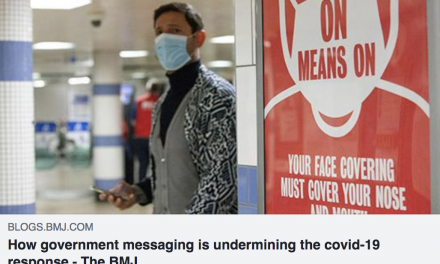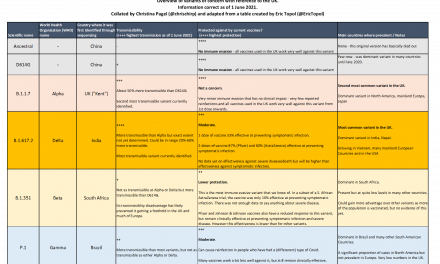Thursday, May 25
Dear Sir David,
We are writing to you as leaders of the Westminster opposition parties to seek the advice of the alternative SAGE committee in the light of the news headlines over the past few days.
We are deeply concerned that the events surrounding the conduct of the Government’s chief adviser, Mr Dominic Cummings, risk severely undermined trust and confidence in public health advice.
We know that experts from the Scientific Pandemic Influenza Group on Behaviours (SPI-B), which feeds analysis and advice to the scientists on the Government’s emergency panel SAGE, have already suggested that Mr Cummings’s actions, and the Government’s defence of them, have undermined public health messages that are vital to tackling Coronavirus.
We would be interested in your committee’s views on these developments, and what you believe might best be done now to try to rebuild and maintain confidence in public health advice.
In the weeks and months ahead, it will be crucial that people obey the rules and have confidence in those setting them. It is in all our interests that public trust is maintained, and that people buy into essential public health messaging.
We have also written to the Prime Minister, and copied that letter to the Chair of the Scientific Advisory Group for Emergencies (Sage), Sir Patrick Vallance.
Yours sincerely,
Caroline Lucas MP – Green Party Westminster Leader
Ed Davey MP, Liberal Democrat Acting Leader
Liz Saville Roberts MP – Plaid Cymru Westminster Leader
Colum Eastwood MP – SDLP Westminster Leader
Stephen Farry MP – Alliance Westminster Leader
SIR DAVID KING’S REPLY
Dear Caroline, Ed, Liz, Colum and Stephen,
Thank you for your email of 25th May requesting the opinion of Independent SAGE on the recent headlines concerning the COVID-19 epidemic in the UK. I have consulted with the Group on my response below.
This week the mother of the Prime Minster of the Netherlands died in a Care Home, and he did not visit her in the home prior to her death because his Government had issued a requirement that members of the public should not visit Care Homes as this would risk the transfer of the virus into those Homes, where the elderly occupants are particularly vulnerable. This was clearly contrary to his instincts as a loving son, but he understood the importance of protecting the Home residents as a citizen and maintaining moral authority as a leader.
We support the main recommendations on communication with the public that the SPI-B Group (the behavioural science group advising the Government via the Scientific Advisory Group in Emergencies) have published since the end of February . In particular, these recommendations include:
1. Provide clear and transparent reasons for government policy
2. Remove ambiguity – messages should be very precise about what behaviours are needed, how they should be carried out and in what circumstances.
3. Develop detailed, personalised advice that can be tailored to specific groups of people and specific situations depending on their risk from infection.
4. Messaging should emphasise collective action, promoting community cohesion and emphasising a sense of civic duty and a responsibility to protect others.
5. Avoid any appearance of unfairness or inconsistency. Any easing from lockdown must be clearly communicated and explained to prevent loss of trust in the Government.
We have already been critical of the recent change in the content of the messages from Government, from the clarity of ‘Stay at Home’ to the vagueness of ‘Stay Alert’ (breaching recommendations 1-3). Now there is a clear risk that the gain delivered from the long period of lockdown will be lost as a result of recent events, further breaching recommendations 4 and 5, with the potential that many take less seriously current and further public health messages from the Government. The recommendation about collective action is especially important in rebuilding trust that has been eroded. Working in close and respectful partnership with organisations across society including those representing disadvantaged communities and working people will be vital in this process.
We urgently advise the Government to act and communicate in a way that follows the recommendations of its SPI-B group above.
We will continue to do what we can to advise Government and the public on the necessary actions to deliver the UK from this epidemic as quickly as possible and with the least number of additional deaths. This is of course also the quickest route to return the country to economic recovery.
Yours sincerely
David King




